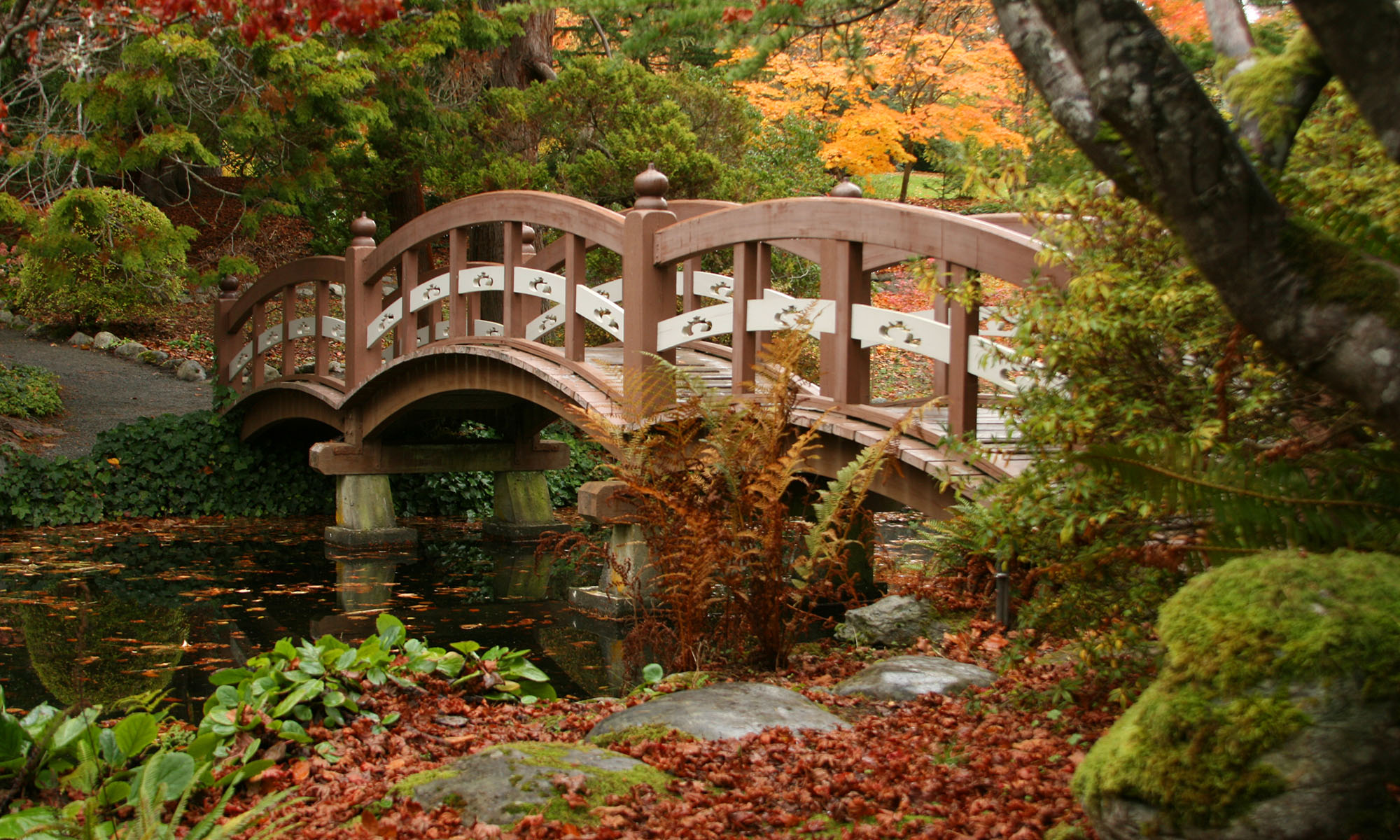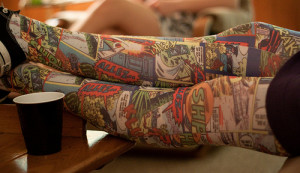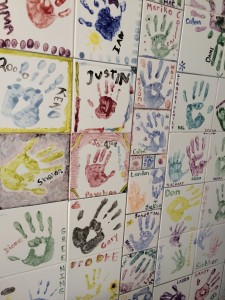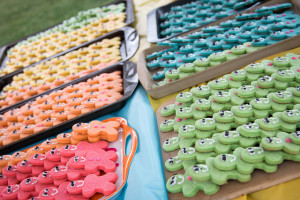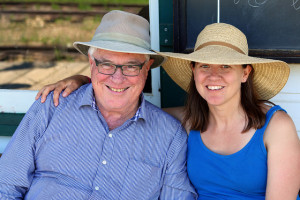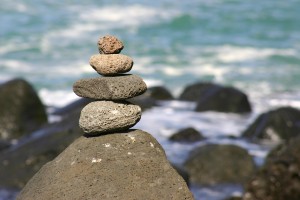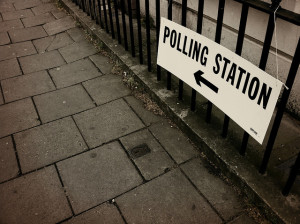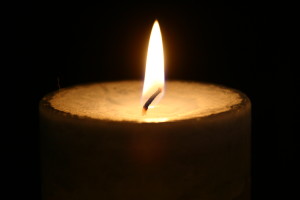 As I watch from the safety of my home, I see images of my northern neighbours fleeing from the flames that threaten their homes, work and lives. It is a living nightmare. I can’t help but imagine what it would be like to have to pack up my family, pets, and all that I have worked for in a matter of minutes. I can’t even begin to get my head around that.
As I watch from the safety of my home, I see images of my northern neighbours fleeing from the flames that threaten their homes, work and lives. It is a living nightmare. I can’t help but imagine what it would be like to have to pack up my family, pets, and all that I have worked for in a matter of minutes. I can’t even begin to get my head around that.
I have worked with people in crisis my whole career. Still the enormity of this crisis is unprecedented for me. Like many Albertans, I can only offer what I have to give and I offer it up willingly. Over the next couple of days I will write a series of blog posts on living through crisis in the hope that it will provide some guidance and reassurance to those it reaches.
Here are some survival tips for the survivors:
1. Take care of the first thing first. In a crisis it is almost impossible to know where to start. Right now there is so much to do and so little ability to do anything. If you have heard of Maslow’s Hierarchy of Needs, this is the time to use it. Basically Maslow said that you need to deal with the basics of human functioning like food, shelter and water before you can even begin to deal with the bigger picture stuff like future planning, emotional release and recovery. So make sure you have food and water. It is easy to get overwhelmed and forget to eat and drink but your body cannot function well unless it has the basic tools to survive.
2. Safety. Now that you are likely away from the imminent risk you need to start thinking about your emotional safety. For the people still stuck up North near the fires, this is tricky. You may now be physically safe but you may still feel trapped and worried about the possibility about the need to flee again. With nothing but time to wait, it is understandable if your worries may start to take over.
How do you keep yourself emotionally safe? For some, that means keeping busy: helping others, finding tasks and doing whatever you can. For others this will mean zoning out. Some will want to distract themselves. This may mean reading, talking on the phone, texting, Facebooking or using Netflix. While in the long term constant distracting can lead to numbing and chronic dissociation, in the short term it can be a vital survival tool.
For some of you just spending time reflecting on the important things, like what you saved, what you have prioritized and what you still have will be enough to help you feel emotionally safe.
3. Breathe. It sounds cliché I know, but it is one of the best things you can do for yourself. Deep breaths help you focus, calm down and energize. It helps move all the hormones and stress chemicals through your system so your body can process them and get them out. I often use bubbles, real or imagined, with the people I work with. Blowing bubbles forces you to take deep breaths. Imagine breathing in and then blowing them out. I also like to watch the bubbles as they float and then pop. It is a good metaphor for the beauty and fragility of life.
4. Know when to turn it off. Our brains and bodies sometimes have a hard time processing images, videos and negative stories at times of crisis. Our brains can react to the things around us as if they are happening in the present. Constant reading, watching and listening to news of the ongoing trauma can leave you vulnerable. Trust your body. There will be a point where you will need to stop and give yourself a break. In our digital age it is easy to get swept up in the drama and forget that it isn’t good for us to constantly relive the event. Your body and brain need a break in order to distance themselves from the trauma. So make sure to turn it off from time to time.
5. What you are going through is normal. There is a wide range of normal in a crisis. You may be over-stimulated and have a hard time calming yourself down. This is normal. You may be teary and feel like you will never stop crying. This is normal. You may be totally numb and not feel anything at all. This is normal. You may feel completely fine, grateful and maybe even giddy. This is normal too. Whatever you are feeling right now is okay. It will change, evolve and fluctuate over time. Sometimes your emotions will swing from moment to moment.
6. Forgive yourself. It is tempting to second guess everything you did, the stuff you did or did not take and the people you did or did not contact. Some of the choices you made will seem bizarre or comical in retrospect and others will be heartbreaking and filled with regret.
The reality is that in a crisis of life or death your brain literally functions differently. Your fight, flight and freeze response takes over. This is your body’s way of saving your life. Your nervous system reacts in a way that is effective in getting you mobilized to survive but also makes rational thought difficult. This is a biological phenomenon that we don’t always have complete control over. It is highly effective for survival but can set us up for self-doubt. The rational part of your brain is difficult to access in time of crisis unless it has been highly trained to do so.
7. Forgive others. Everyone’s brains, emotions and bodies are drained and overwhelmed. That doesn’t always lead people to behave as their best selves. No matter how prepared anyone is for a crisis, no one is ever prepared for the reality. Friends and family often get on each other nerves at times like these. Crisis brings out the best and worst in people. Try to find patience for both.
Our first responders, government officials and everyone else is doing the best they can. Right now is the time to survive. There will be plenty of time to rehash the details and reassess how to be better prepared later. Right now the focus is on survival.
8. Accept help. You are likely getting offers of support from people who want to help. It is okay to take people up on it. Often survivors feel like they are doing better than some so that they feel guilty taking handouts, discounts and stuff from others. They often feel like somehow someone else needs it more. People want to help. Let them. In the end it will help you and them make sense of something that is nearly impossible to comprehend.
9. Recognize resiliency and hope. We spend a lot of time talking about trauma and PTSD in regards to disasters. These are real issues and always a concern after this kind of chaos. However, PTSD is not inevitable or even likely for most survivors. While everyone will be changed in some way by these events, most people are able to get back to their lives in meaningful and productive ways. Some people will even come out stronger, more focused and better able to cope with the unpredictable nature of life. It takes time to get there. The human mind and body is built for resiliency. Trust that you will be able to manage and react to the next step when the next step presents itself.
10. Immerse yourself in the positive stories. There is a common quote that goes around the internet at times of crisis. It is from Mr. Rogers that says “Look for the Helpers.” The idea is that there are so many stories of loss and heartache but there are also stories about heroes and strength. We see communities and people at their strongest when they are at their weakest. Look for the stories of strength. Look for the heroes big and small. This will help you make sense of the bigger picture down the road.
Take care of yourself and know that right now you are doing the best you can with the circumstances that happened.
I have also written a blog containing tips on helping children deal with tragedy which you can find here.
Krista Osborne, MSW, RSW is a Clinical Social Worker who specializes in trauma, grief and loss.
